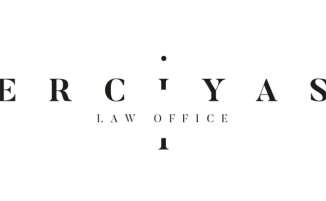Simge Şahin, a partner of NSN Law Firm, reviews the final court order of Istanbul Anatolian 1st Intellectual Property Court regarding the non-use cancellation of a registered trade mark that was being used for a temporary period in Turkey
Article 9 of the Turkish Intellectual Property Code (the IP Code) regulates that a trade mark shall be revoked if it has not been put into genuine use in Turkey by the trade mark holder for the goods or services within the registration scope within a period of five years following the date of registration (or where such use has been suspended for an uninterrupted period of five years), unless there are proper reasons for its non-use. Continue reading “Sponsored briefing: Do temporary uses longer than three months before the vulnerability date of a trade mark meet the requirement of a genuine use?”















